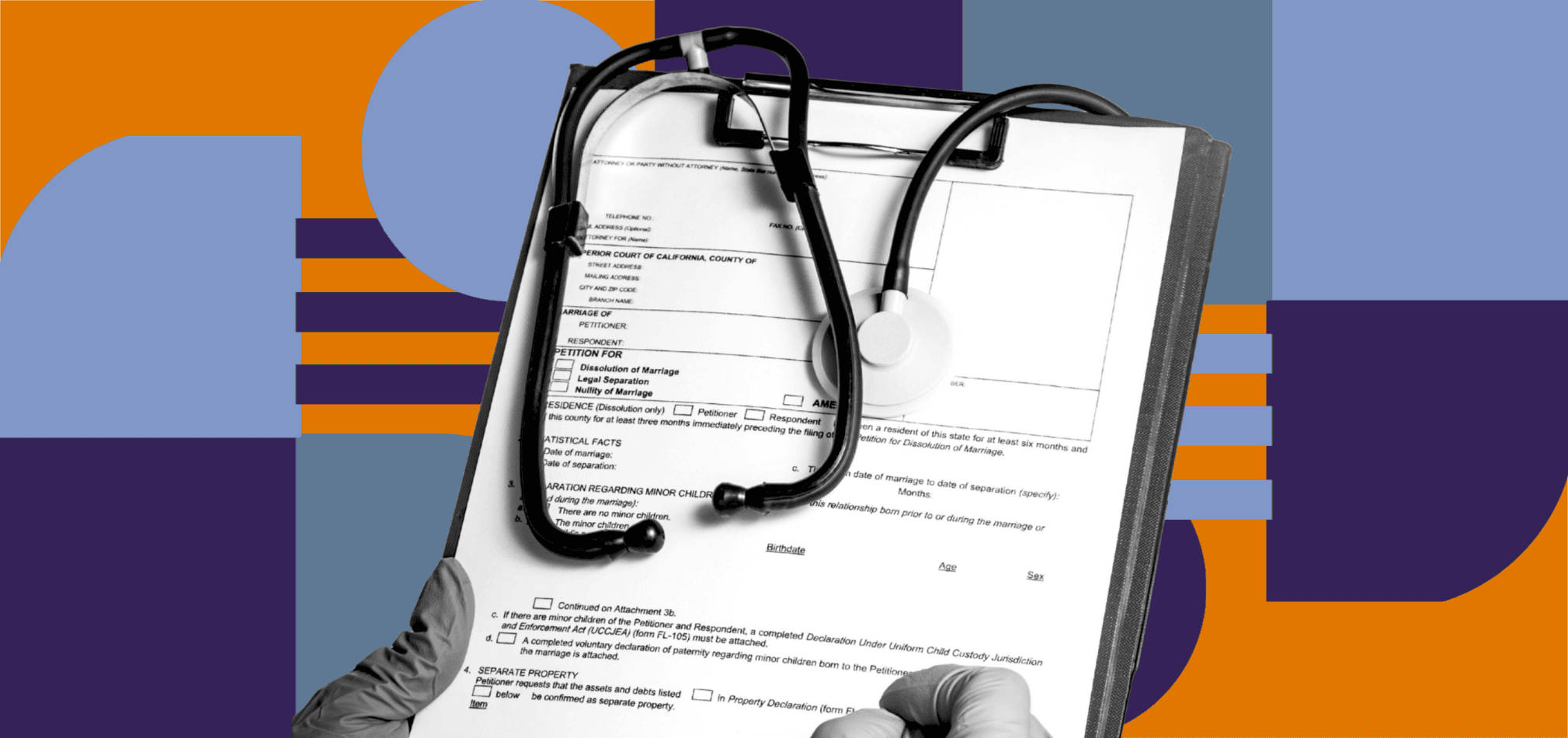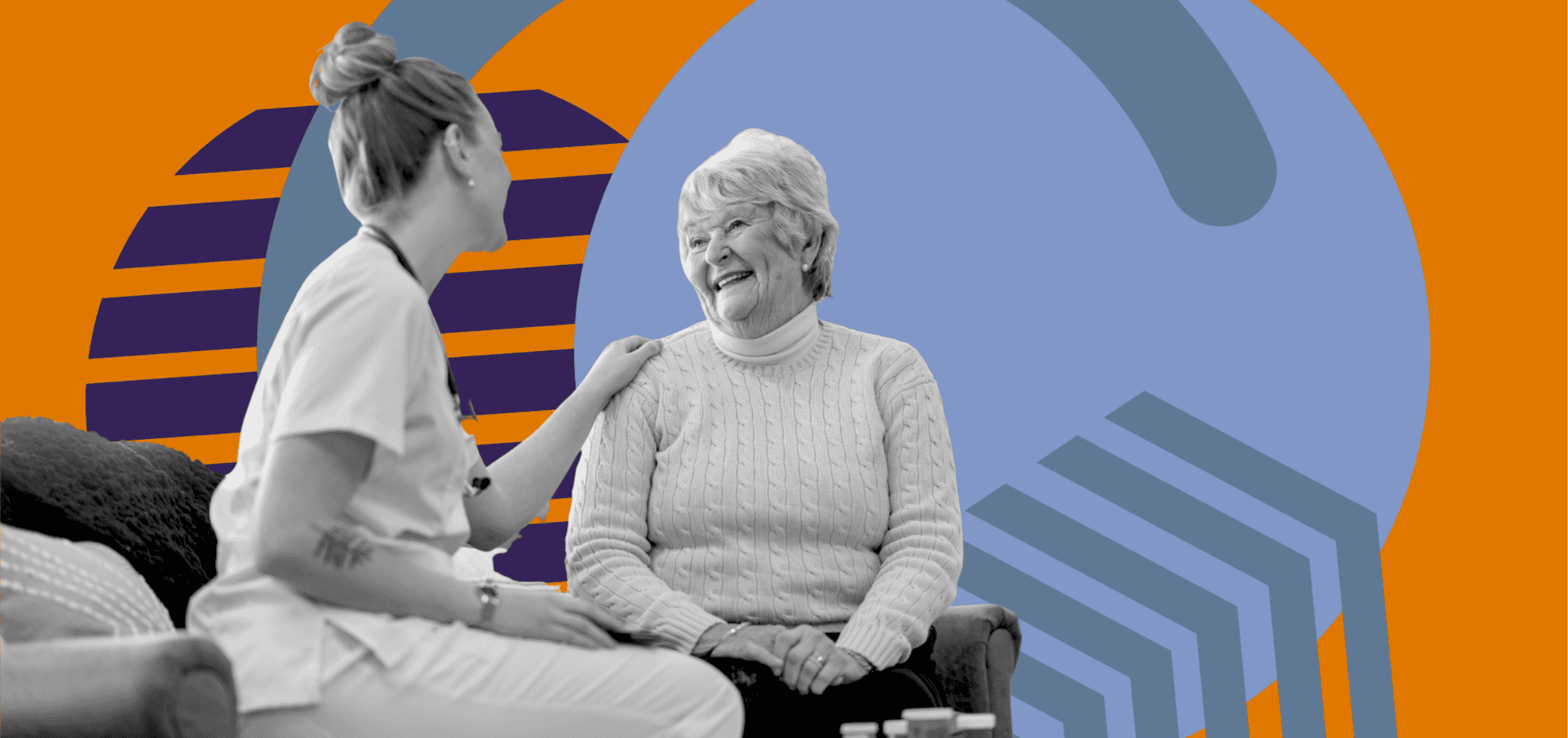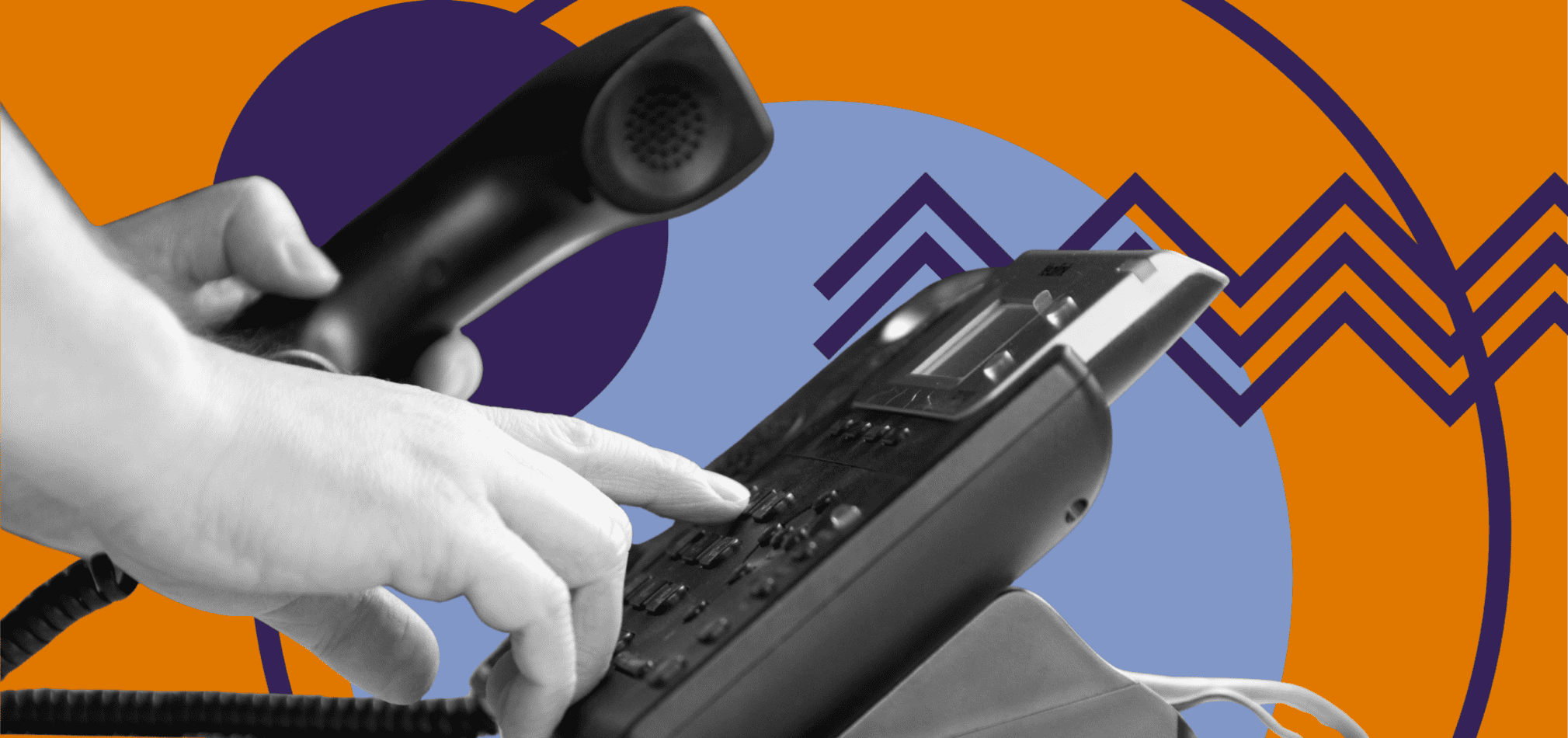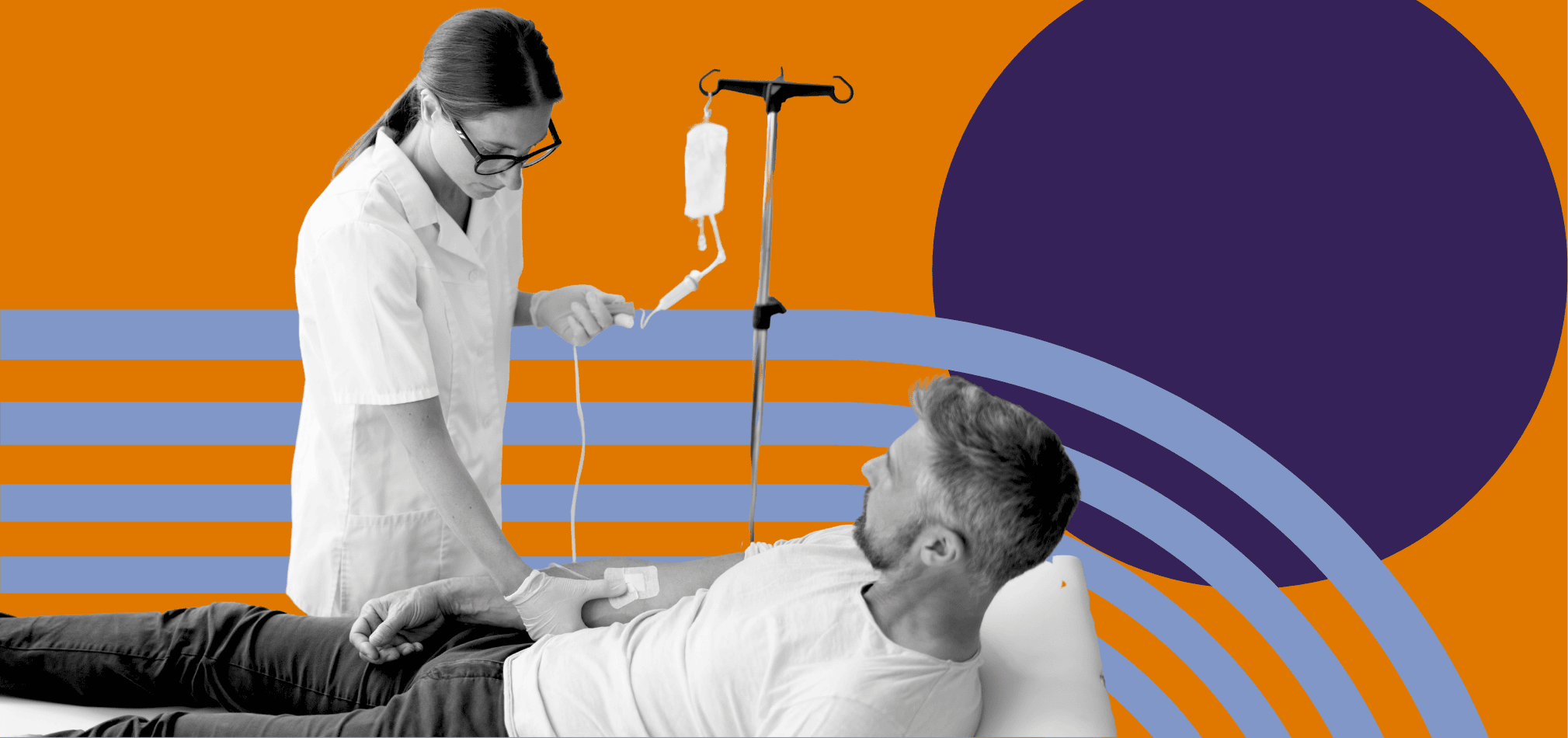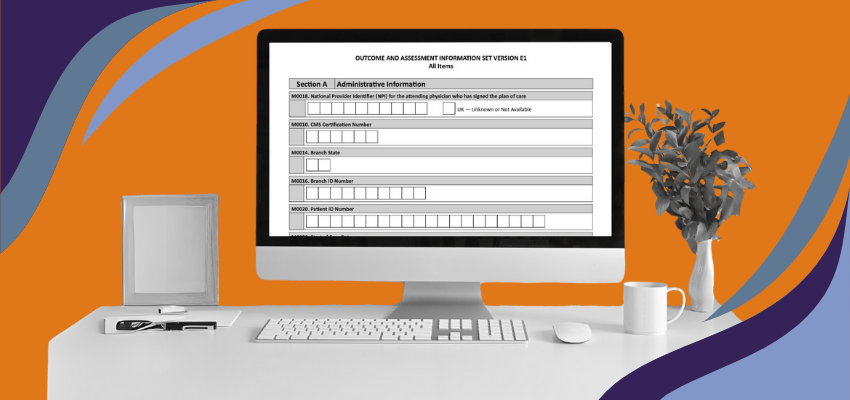What is Considered Homebound: Eligibility Criteria for Home Health
August 11th, 2025
6 min read
By Abigail Karl

Navigating Medicare requirements isn’t anyone’s favorite part of running a home health agency. But if your compliance is off, your agency could lose thousands in denied claims even if your care is excellent.
For example, you might admit a patient with complex needs, provide attentive care, and close out a flawless episode… only to get slapped with a denial letter because your documentation didn’t quite meet Medicare’s homebound or medical necessity standards.
*This article was written in consultation with Mariam Treystman.
At The Home Health Consultant, we’ve helped over 1,000 home health and hospice agencies stay survey-ready and get paid on time. Our team has guided countless providers through ADRs, appeals, and audit-proof documentation processes.
In this article, we’re breaking down exactly what Medicare means by “home health eligibility”—and what you need to know to stay compliant and get paid.
Why Is Understanding Medicare Home Health Eligibility So Important?
Before we get into the four main eligibility criteria, it’s important to understand where these rules fit in. As Mariam Treystman, co-founder of The Home Health Consultant, puts it: “Eligibility criteria falls into the billing rules bucket.”
In other words, being compliant with Medicare’s Conditions of Participation means you can operate as a Medicare-certified agency. But being able to bill for patient episodes requires an entirely separate layer of rules and documentation. Every patient you admit and bill for must meet these eligibility standards.
What Does It Mean to Be "Homebound" According to Medicare?
Medicare defines “homebound” as more than just someone who prefers to stay home. To qualify for the home health benefit, patients must:
- Have difficulty leaving home without help (they may need a cane, walker, wheelchair, or another person),
- Find that leaving the home is medically inadvisable due to their condition, or
- Experience considerable effort or risk when trying to leave the home.
Your patient can leave the house occasionally. This could be for a doctor’s appointment, religious service, or short family gathering. But routine, independent outings to the grocery store or park? That’s a red flag.
And homebound doesn’t mean bedbound.
As Mariam explains, “We’re not saying that they’re stuck in their bed and literally cannot leave no matter what. We are saying that it’s not safe for them to do so.”
For example, a patient may be able to walk 15 feet but can’t navigate the stairs leading to their garage. Or they might need to rest five times just to get from their front door to the car. That’s still homebound, but you need to extensively describe those barriers in your documentation.
What Is Medical Necessity in Home Health According to Medicare?

This is where things get vague—really vague. Medicare states that services must be “medically necessary” for an illness or injury. But what does that mean in practice?
In simple terms, medical necessity means the care you're providing is:
- Needed to treat or manage a current health condition,
- Not excessive or elective, and
- Helping the patient achieve realistic, functional goals.
In home health, medical necessity usually shows up in two forms:
- Hands-on treatments (like wound care, injections, IVs, or skilled physical therapy)
- Teaching and training (such as educating the patient or caregiver about complex medication regimens or disease management)
While both are valid, teaching-only episodes become harder to justify over time. If your documentation shows that all you’re doing is teaching (and the patient hasn’t declined or changed), Medicare reviewers may ask, “Why are they still on service?”
Can You Admit a Home Health Patient Without a Nurse or Therapist?
You can’t admit a home health patient without a nurse or therapist.
Medicare requires that each home health episode includes at least one qualifying skilled discipline, such as:
- Skilled Nursing
- Physical Therapy
- Speech-Language Pathology
- Occupational Therapy (in some cases)
As Mariam puts it, “You can’t admit a patient for just a home health aide or just a social worker.”
Services like home health aide or social work cannot be billed alone. They must be provided in conjunction with a qualifying skilled service.
What Role Does the Physician Play in Medicare Home Health Eligibility?
Every home health patient must be under the active care of a physician who:
- Reviews and signs the plan of care,
- Approves orders for home health services,
- Conducts or oversees a face-to-face encounter, and
- Is enrolled in PECOS.
This physician becomes the director of care for the entire episode. Your clinicians are implementing that plan, but the doctor is in charge.
Because home health agencies do not employ physicians themselves, the patient must already have a physician (typically a primary care provider or specialist) who is willing and able to:
- Refer the patient for home health care
- Sign and manage the plan of care
- Complete the required face-to-face encounter
Before accepting a patient, ask:
“Does this patient have a physician who can manage their home health care and complete the required documentation?”
If the answer is no, services delivered to this patient may not be billable.
What Is the Medicare Face-to-Face Encounter Requirement?
This is the most black-and-white of all the eligibility rules, and the easiest way to get your claim tossed out entirely.
To meet the Medicare face-to-face requirement:
- The patient must see a physician (or qualified practitioner) either:
- Within 90 days before the start of care, or
- Within 30 days after the start of care
- The visit must relate directly to the primary reason the patient needs home health services
- The encounter must be documented with specific elements
Here’s what must be included in your face-to-face documentation:
- The date of the face-to-face encounter
- Confirmation that the encounter was related to the primary reason for home health services
- Identification of the practitioner who conducted the visit (must be a physician or allowed non-physician practitioner)
- A narrative or statement explaining how the findings support home health eligibility
If any one of these is missing, your claim could be denied even without full chart review. Medicare systems are set up to auto-reject home health claims if the face-to-face documentation fails on timing, relevance, or structure.
What Happens If You’re Missing Proof of Medicare Home Health Eligibility Criteria?
Here’s the hard truth: if even one element of eligibility is missing or poorly documented on a certain chart, and that chart is requested for an ADR, your agency will have to return the payment for that claim. You could provide perfect care and still receive a denial for improper documentation.
If you're selected for an ADR or targeted review, auditors tend to zoom in on:
- Homebound status
- Medical necessity
- Face-to-face encounter accuracy
- Physician plan of care involvement
Each of these must be documented very clearly, not only in the SOC note, but throughout the episode (more on this below). If auditors find an eligibility issue in one chart, they’re much more likely to request additional charts to look for a pattern of noncompliance.
Agencies may admit a patient who fully meets eligibility criteria at the start of care, only for that patient to lose eligibility as their condition improves. This is why it’s essential to document homebound status and medical necessity at every visit, not just at SOC.
Ongoing documentation shows auditors that the patient continued to require care at home and could not reasonably receive it elsewhere. Once the patient’s condition improves enough to leave the home, care should transition to the physician’s office or another appropriate facility-based setting.
How Should You Document to Meet Medicare’s Eligibility Expectations?

Documentation is your defense. As Mariam always says, the mantra in this industry is, “If it wasn’t documented, it wasn’t done.”
Every visit note should include a clear justification of homebound status and medical necessity, ideally through both structured fields and free-text narrative. This is especially true for therapies and teaching-focused disciplines.
Turn on your creative writing. Describe the patient as if you’re writing a novel.
This type of narrative writing helps reviewers visualize why the patient is homebound or why the service is necessary, even if their symptoms aren’t dramatic. The more vivid and specific your description, the easier it is for a reviewer to say, “Yes, this makes sense.”
What Are the Need-to-Knows for Medicare Home Health Eligibility Criteria
To recap, here are the four Medicare home health eligibility criteria:
- The patient must be homebound
- The services must be medically necessary
- A qualifying physician must oversee care
- A valid face-to-face encounter must be completed and documented
Eligibility isn’t just about whether a patient seems appropriate, it’s about whether your documentation can prove it to an auditor.
So what do we recommend?
- Start with strong front-end processes.
- Train your intake and QA teams to screen for eligibility
- Make homebound/medical necessity narrative documentation a required standard across disciplines and visit types.
And here’s one final reassurance from Mariam:
“Surveyors are the best consultants out there for clinical documentation.”
So don’t waste your next survey. When a surveyor is onsite, ask them how they interpret homebound status, what makes a note strong, and how to avoid pitfalls. Their insight is real-time, practical, and often overlooked.
If you’re looking for hands-on support tightening up your documentation and compliance workflows, The Home Health Consultant is here to help. You can learn about our Administrative Compliance Program and how we keep agencies like yours survey-ready, year-round, below.
*Disclaimer: The content provided in this article is not intended to be, nor should it be construed as, legal, financial, or professional advice. No consultant-client relationship is established by engaging with this content. You should seek the advice of a qualified attorney, financial advisor, or other professional regarding any legal or business matters. The consultant assumes no liability for any actions taken based on the information provided.






